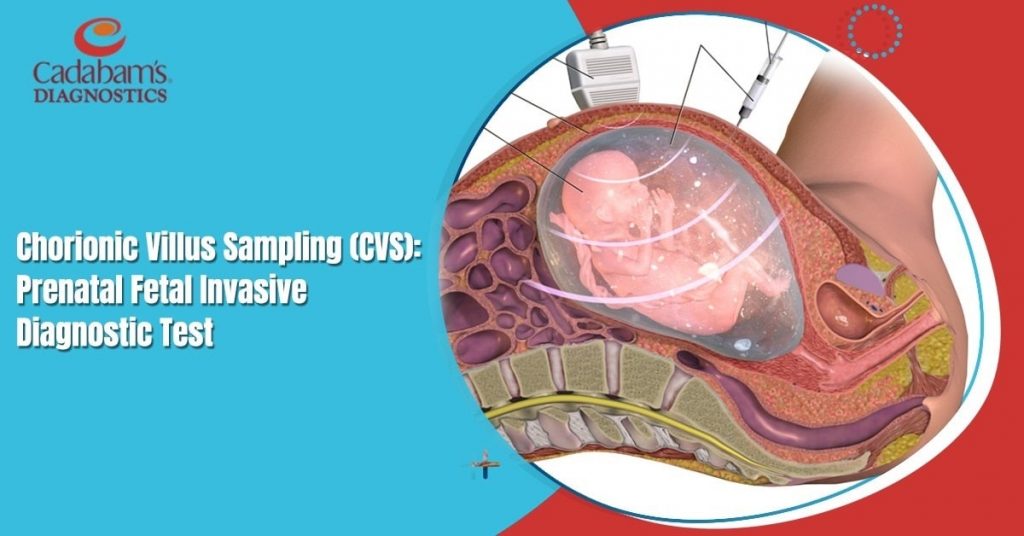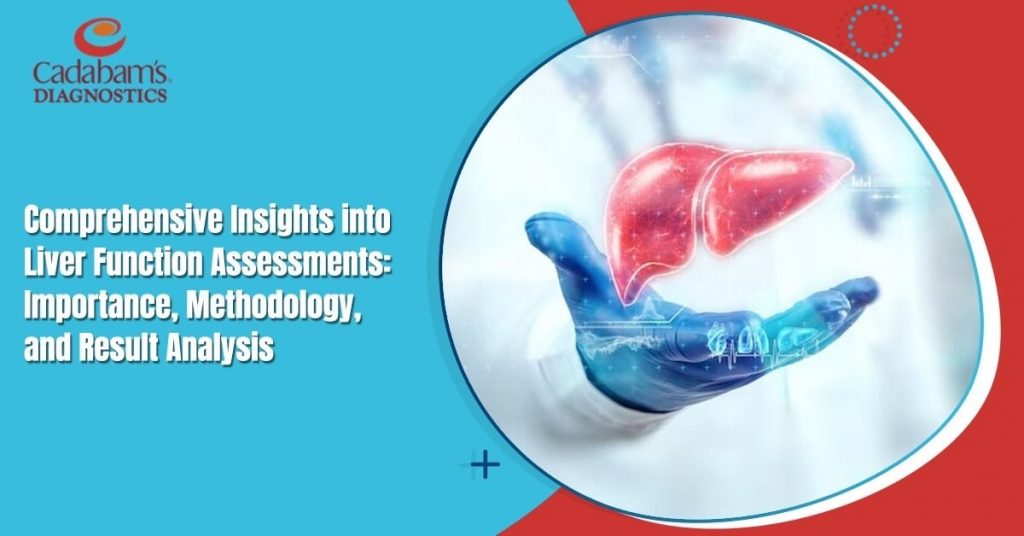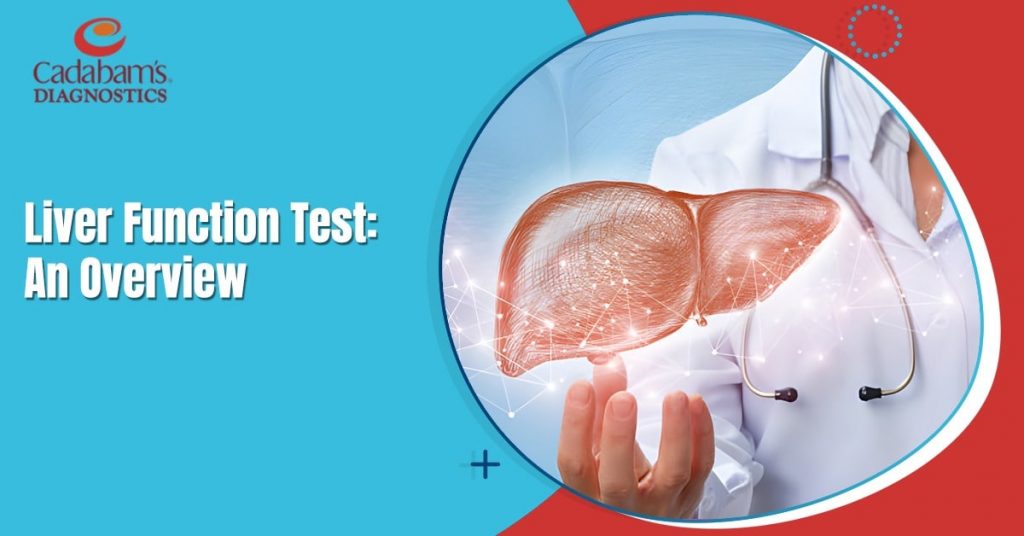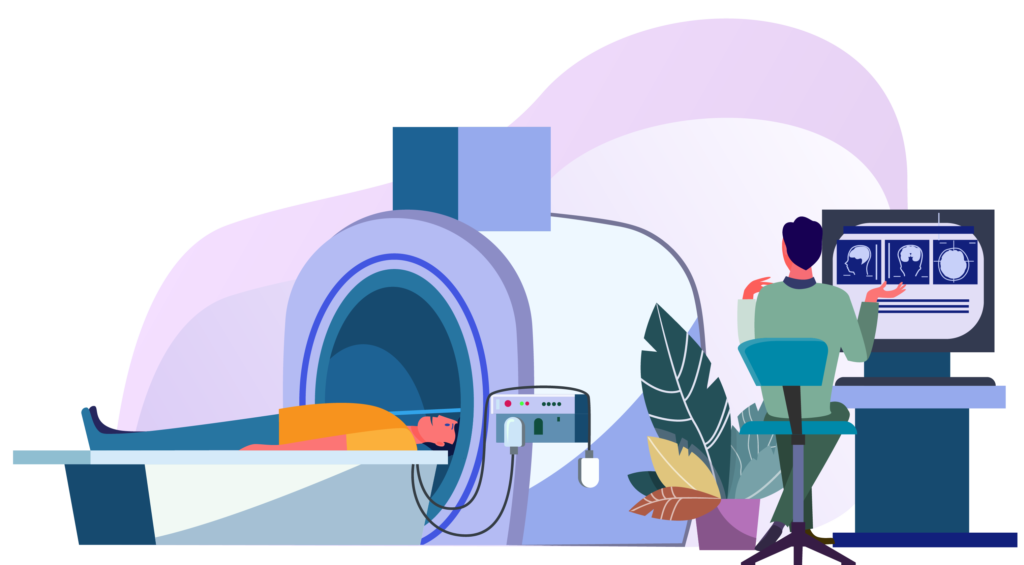Pelvic ultrasound –Transabdominal method
Exploration of the Pelvis through Transabdominal Ultrasound Imaging is called a Pelvic Ultrasound. Alternative Terminology Pelvic Sonography; Ultrasonography of the Pelvis; Pelvic Scanning; Ultrasonography of the Lower Abdomen; Gynecologic Ultrasonography; Transabdominal Ultrasonography Procedure Description During this test, the patient lies supine on the examination table. A transparent ultrasound gel is applied to the abdominal region […]
Pelvic ultrasound –Transabdominal method Read More »








